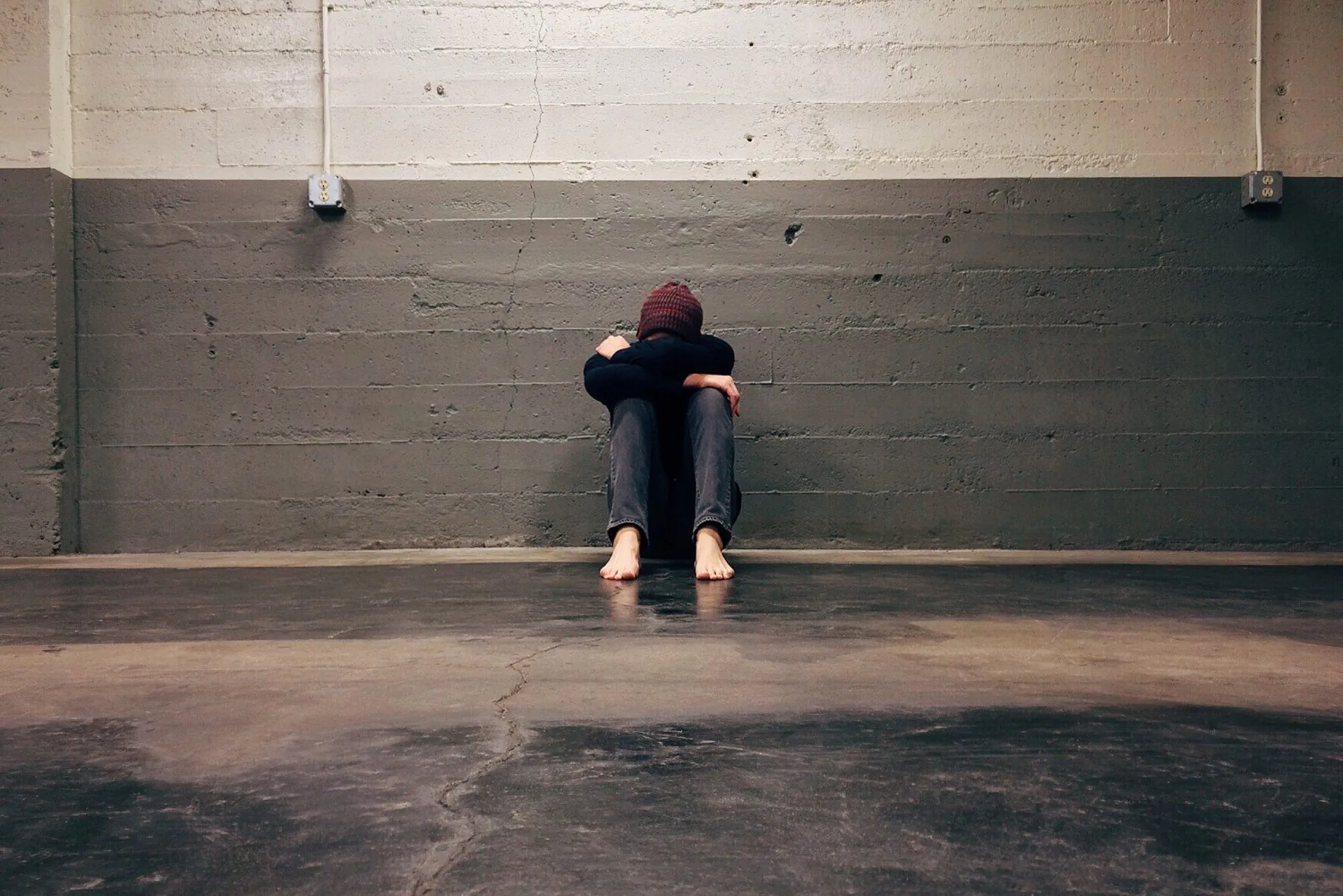If you’ve suffered from anxiety in the past, you may think that your experience with this condition is like everyone else’s. However, if you’ve also experienced a substance abuse disorder, your anxiety experience may be unique. It’s important to note that these two issues can coexist and affect people differently.
Substance Abuse-Related Anxiety Can Be Severe
In fact, some research suggests that people with a history of substance abuse are more prone to anxiety than others. It’s also possible that certain substances, such as those containing metabolites, can mimic certain anxiety symptoms or even worsen them over time. Longevity Live Paid Content.

Photo by Joice Kelly on Unsplash
Substance abuse-related anxiety can be severe, and it may seem like it’s a good idea to handle the problem alone. For example, you might be tempted to self-medicate with substances or put yourself in dangerous situations to cope with anxiety. However, these strategies only make things worse.
Suffering from substance abuse-related anxiety is often associated with unhealthy coping mechanisms, such as using drugs for relief or engaging in risky behaviors when feeling anxious. These behaviors can lead to further concerns if they continue unchecked, so seeking professional help early is essential.
Some People Self-Medicate to Cope With Anxiety
The Kaiser Family Foundation reported that 31.6% of adults in the United States reported anxiety and/or depressive disorder symptoms in 2021, up from 11.0% in 2019. Some people use substances to cope with anxiety. However, there are healthier ways to cope with stress and anxiety. If you or someone you know is self-medicating with alcohol or drugs to feel better, it’s important to remember that this can lead to substance abuse issues.
A person who self-medicates might use these substances:
- Alcohol (beer or wine)
- Prescription drugs (painkillers)
- Illegal drugs (marijuana, cocaine)
It’s Important for You to Reach Out to Help With This Issue
Anxiety can affect people in different ways. If you’ve had a substance abuse disorder, you may find that anxiety impacts you in another way. You need to reach out to help with this issue.
You may need to seek professional help to deal with this. Consider going to a rehabilitation center like Epiphany Wellness, which has evidence-based programs. Epiphany Wellness offers individualized treatment plans based on your unique needs and goals. They will help you develop coping skills that will help you stay sober long after treatment ends so that you can live a healthy life free from anxiety and addiction.
Symptoms of Anxiety and Substance Abuse Are Often Similar
Symptoms of anxiety and substance abuse are often similar. Both cause a person to feel tense and irritable, making it difficult for them to carry out daily tasks. This feeling of being unable to cope with everyday life can lead to withdrawal from family members or friends, leading to more isolation. The more isolated you become, the more likely you will use drugs or alcohol to deal with stress.
A Canadian study found that nearly half of the participants reported an increase in substance use since the COVID-19 pandemic. They did this expressly to cope with the pandemic’s negative physical, mental, and social effects.
The relationship between anxiety disorders and substance use disorders is complex because each one can affect the other:
- Anxiety can be a symptom of substance abuse. For example, someone drinking heavily may develop panic attacks because they’re afraid their friends will discover what they’ve been doing when they’re drunk in public.
- Anxiety can be a cause of substance abuse. Someone who feels anxious about social situations may turn to drugs or alcohol so that they won’t have trouble interacting with others while under the influence. This could then lead them down an unhealthy path where they end up using these chemicals regularly without even realizing it until much later down the road.
- Anxiety can result in self-medicating through substances such as marijuana because many assume pot helps relieve anxiety, but it doesn’t always do so effectively enough for long-term effects on mental health issues like depression or PTSD.

Thomas Andre Fure/ Shutterstock
Metabolites Can Cause Certain Substances to Mimic Anxiety
For the body to process drugs, it breaks them down into metabolites. These metabolites are generally less potent than the original drug and do not produce a high. However, some can be highly toxic and cause anxiety symptoms that mimic withdrawal symptoms.
For example, benzodiazepines are very commonly prescribed for anxiety disorders. However, they’re also broken down into active metabolites with a shorter half-life than the original substance.
In addition, this metabolite is more potent than the original drug itself. Meaning, if you take enough Klonopin over time or at one time during your use history with no break in between, you could experience withdrawal even though there’s no actual physical need for a detox program.
A research analysis published in 2020 found that people with psychiatric disorders, like anxiety, were more likely to misuse benzodiazepines.
Unhealthy Coping Strategies Can Have Consequences
It’s natural to want to avoid addressing the problem, but doing so can have serious consequences. Common coping strategies for drinking alcohol or smoking cigarettes are harmful in their own right and can lead to substance abuse and anxiety.
However, according to the CDC, individuals with substance abuse-related anxiety may also turn to unhealthy coping skills such as avoiding situations that trigger anxiety or participating in risky behavior such as unsafe sex or recreational drug use.
If you’re struggling with substance abuse-related anxiety, seek professional help from a therapist specializing in treating these issues. Your therapist will work closely with your doctor to devise an individualized treatment plan based on your symptoms and their underlying causes.
Conclusion
If you’ve gone through a period of substance abuse and are now dealing with anxiety, you may wonder if it’s possible to feel better. The good news is that many treatment options are available today, and they don’t have to be as scary or painful as some people think. Whether you choose psychotherapy, medication, or both, there are many ways to relieve your symptoms. All you need to do is take the first step.



![women [longevity live]](https://longevitylive.com/wp-content/uploads/2020/01/photo-of-women-walking-down-the-street-1116984-100x100.jpg)










